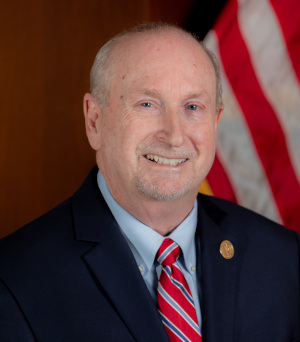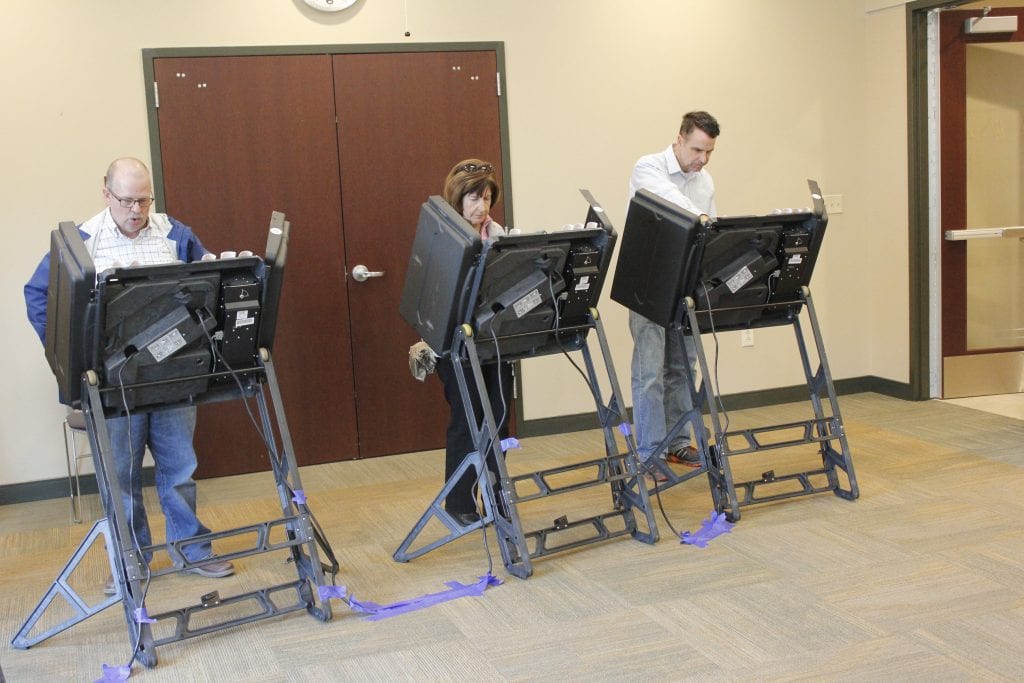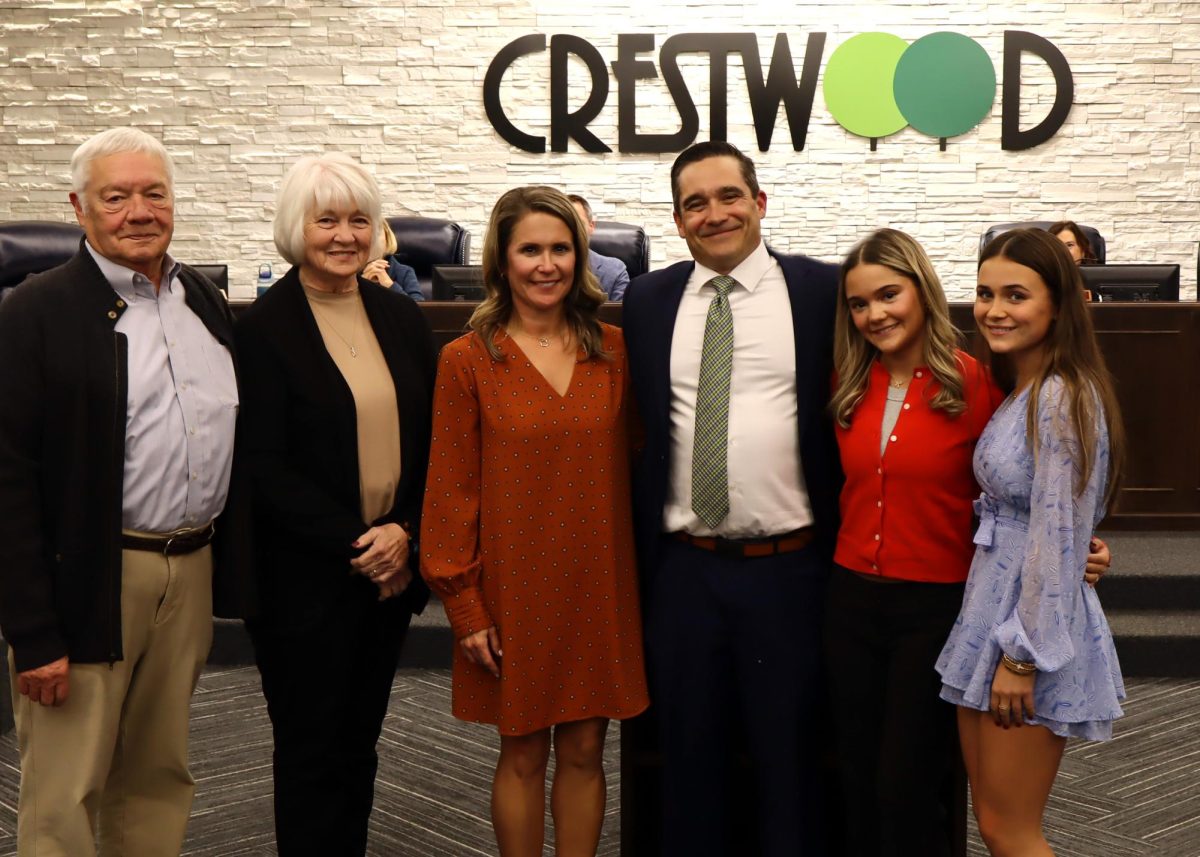The Lindbergh Board of Education voted Feb. 24 to retain three challenged books in the high school library, while also applying restrictions for the first time to one book.
The board voted 6-1 to retain “The Testaments” by Margaret Atwood and “All Boys Aren’t Blue” by George M. Johnson in the library with no restrictions, with Treasurer Mike Tsichlis voting no on both. Tsichlis has voted no on every motion to retain books without restrictions thus far. The book challenge committee recommended the books be retained without restrictions.
The last book, “This Book is Gay” by Juno Dawson, was described by the committee as an encyclopedia on topics impacting the LGBTQ+ community. A list of topics covered in the book was provided — the list includes things like sex education, responding to bullying, guidance for caregivers and how transphobia and homophobia can become institutionalized. The committee report states the committee found the vast amount of information and the positives outweigh potential negatives, resulting in a recommendation for retainment without restriction.
The book was called into question by challengers for instructions on how to use the dating app Grindr and a section with instructions on how to perform “boy-on-boy” and “girl-on-girl” sex.
The committee addressed both points in its report. The report states the book gives ample warning about the dangers associated with using apps to meet strangers, and even if the book were removed, it wouldn’t stop students from having access to the app. The report also states the sections about sex have warnings for younger readers, and also highlight how to have safe sex and healthy relationships.
Tsichlis honed in on a separate section of the book challenge, where parents highlight a section about religion. He said while the book is meant for one marginalized group to help fight stereotypes, it also has a section on “how to argue with Muslims … Christians and so forth.”
“I could imagine a number of people, particularly in our diverse community at Lindbergh … might find this very offensive,” Tsichlis said.
Tsichlis quoted the “Judaism” section of that part of the book where the author writes “Not being funny, but these guys kind of started it,” in reference to the persecution of homosexuality. Tsichlis said he was “appalled” by the section, and believes it is “turning one side against another.”
Board Director Megan Vedder said the section wasn’t meant as an attack on religion, but as a resource to allow readers to stand up for themselves.
“They’re not arguing against a religion, they are facing something that sees them as less than, so I see that as a way for people to be able to stand up for themselves and find strength in who they are and their identity,” Vedder said.
Board Secretary Christy Watz said overall she felt the book was written for “beyond high school.”
The board voted 1-6 to keep the book without restrictions, with Vedder as the only yes vote. This prompted discussion about retaining the book with restrictions.
“The reason for my yes vote is because I trust the balance of the committee, I trust the discussion they are doing and that they are really looking at it through multiple lenses,” Vedder said. “I’m speaking for myself that it could feel difficult to not put a restriction on this book, especially when you’re looking at the overarching theme that we are seeing a lot of.”
The board voted unanimously to retain the book with restrictions, meaning the book will be labeled as “mature for high school” within the digital catalog and on the inside cover.
Changes to library policies are up for consideration at the board’s March meeting, and one section may have an impact on future book challenge votes. The change would see the “Intellectual Access” section of the code focus more on the promotion of a diverse range of ideas through texts of differing perspectives, while also noting that books will not be excluded based on “ideological disapproval or the identities of the characters or authors.”





















